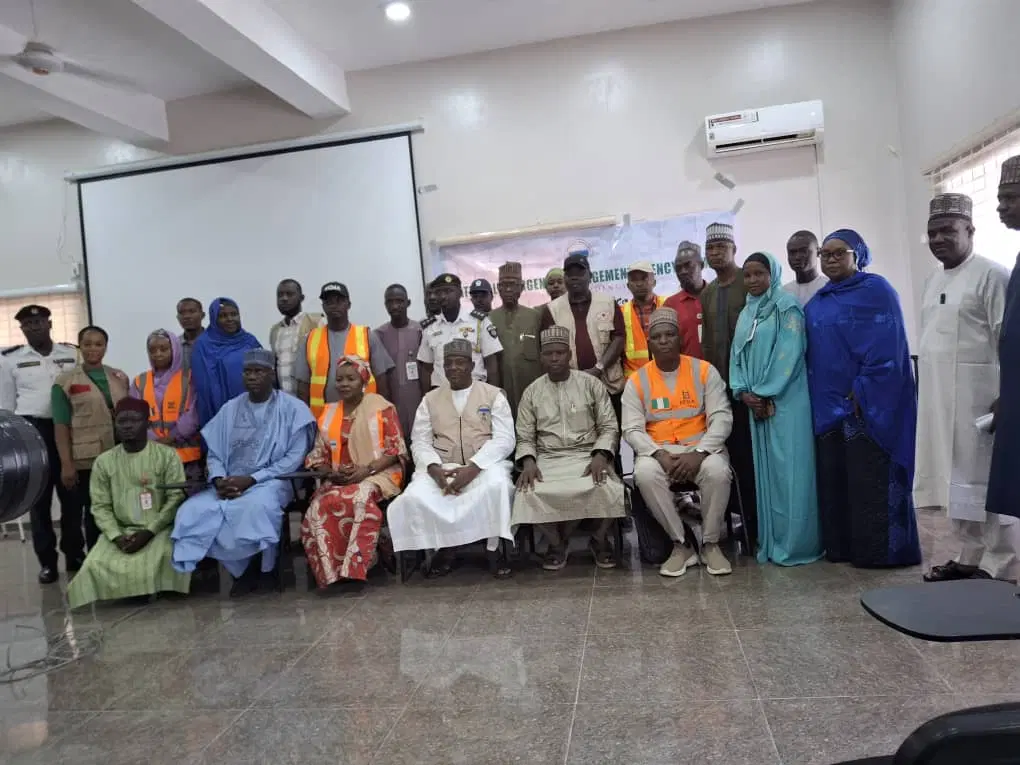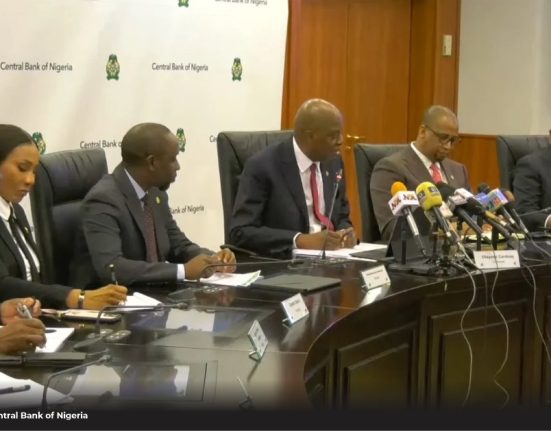In a critical move to enhance the country’s resilience to natural and man-made disasters, stakeholders from across Nigeria’s emergency management landscape gathered in Abuja for the 2025 Stakeholders’ Engagement on the National Disaster Preparedness and Response Campaign (NPRC).
The high-level engagement, spearheaded by the National Emergency Management Agency (NEMA) in collaboration with relevant federal ministries, paramilitary agencies, NGOs, and state emergency response teams, marks a renewed national commitment to building proactive disaster-response mechanisms across all levels of government.
Speaking at the event, the Director General of NEMA, Mustapha Ahmed, emphasized that disaster risks in Nigeria — ranging from perennial flooding and disease outbreaks to industrial accidents and insurgency-related emergencies — demand a coordinated, data-driven and inclusive strategy. He noted that this year’s NPRC would be anchored on early warning, community education, technology adoption, and inter-agency synergy.
“The 2025 campaign goes beyond seasonal alerts. It is about empowering Nigerians to recognize risks, act responsibly, and respond effectively. Preparedness saves lives. It is time we moved from reactive to anticipatory disaster management,” Ahmed said.
Key themes at the engagement included climate-induced flooding, wildfire prevention, urban safety planning, the integration of digital mapping for risk zones, and stronger alignment between federal and subnational emergency plans. Representatives from the Nigerian Meteorological Agency (NiMet), Red Cross, Fire Service, and security outfits were also in attendance, offering technical briefs on forecast-based planning and community-level first response.
In her remarks, Minister of Humanitarian Affairs and Poverty Alleviation, Dr. Betta Edu, called on all tiers of government to view disaster preparedness as a priority national security concern, especially as Nigeria faces heightened vulnerability due to climate change and rising urban density.
“There can be no meaningful development if lives and livelihoods are constantly threatened. NPRC 2025 is an opportunity to build a culture of readiness across communities, schools, and workplaces,” she stated.
Community-based volunteers, youth corps members, and faith-based organizations were also acknowledged as crucial players in the nationwide sensitisation drive, with plans already underway to deploy mobile disaster education units to remote areas ahead of the 2025 rainy season.
The 2025 NPRC will culminate in simulation drills across Nigeria’s six geopolitical zones, supported by the United Nations Office for the Coordination of Humanitarian Affairs (UNOCHA) and the African Risk Capacity (ARC), aimed at testing and improving Nigeria’s real-time response capabilities.
As the country continues to contend with multiple humanitarian risks, the stakeholder engagement underscores a clear message: preparedness is not a luxury — it is a national imperative.







